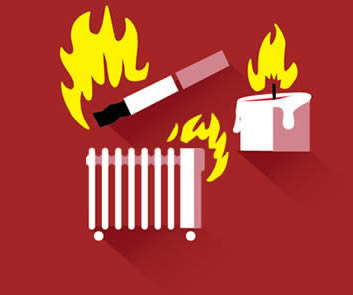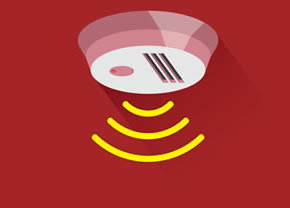BBQ and outdoor heaters
Help us, help you by taking action to ensure you and your family stay safe.
If you do your bit to minimise the risks in your home, we can all stay safer together.
LPG & gas cylinder safety
Never use portable LPG cylinders indoors or in confined spaces.
Ensure connections on hoses are tight with no leakage.
Always read and follow the manufacturer's instructions for maintenance.
Never check for leaks with a naked flame.
Check the expiry date before using a gas cylinder.
Never use a hose that has perished or is cracked.
Carbon monoxide from open fires
Avoid the use of outdoor heating and cooking equipment inside your home. The use of this type of equipment indoors could lead to the build up of Carbon Monoxide which could be fatal.
BBQ fire safety
The backyard barbie can be a common cause of fires during summer.
Here are some pointers:
- Keep barbecues clean and ensure all gas hoses and connections are correctly fitted.
- After using your barbecue, remove all excess fat so it doesn’t become a fire hazard.
- Check cylinder and hoses for leaks by brushing or spraying with soapy water.
- Dispose of old and unwanted cylinders safely. Contact your local council for more information.
- There should be an adult in charge of a lit barbecue at all times.
- Liquid Petroleum Gas (LPG) can be extremely dangerous if stored or used incorrectly.



